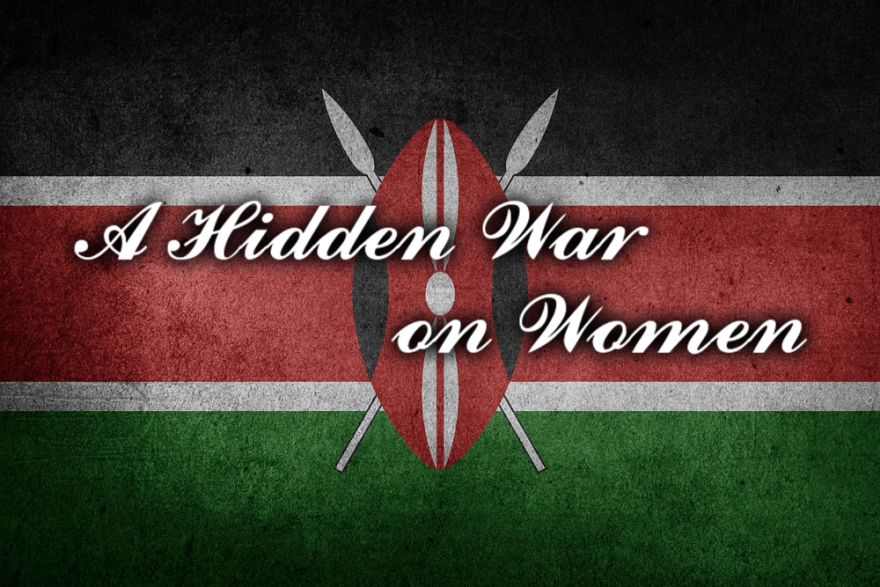Blog Details
- Blog
- Blog Details

Digital Colonialism: Who Really Owns Africa's Future?
 By - Chryspin Afifu
By - Chryspin Afifu
The New Scramble for Africa Is Digital
In the race to digitize economies and public services, Africa is not just being connected—it’s being claimed. While technology promises empowerment, the continent’s digital transformation is unfolding under the watch of foreign giants who build the platforms, store the data, and shape the rules.
"They no longer need to conquer territory—they just capture the code."
This isn’t just innovation; it’s an unfolding digital heist.
Innovation or Extraction?
From Nairobi’s Silicon Savannah to Kigali’s smart city corridors, Africa is positioned as a tech frontier. Yet much of the infrastructure and software that power this shift are foreign-owned or externally hosted.
According to the African Union & Internet Society (2020), over 80% of Africa’s internet traffic is routed through servers outside the continent—a sobering signal of infrastructural dependence.
Africa generates data, but others store it, monetize it, and use it to train AI models often irrelevant—or even harmful—to African contexts.
What’s at Stake?
- Digital Identity & Surveillance
Digital ID systems like Huduma Namba in Kenya, Ndiyo in Tanzania, and e-ID in Nigeria aim to improve access to public services. But many of these projects raise red flags for data protection and surveillance. A 2021 report by Privacy International warned that these systems often operate without adequate legal safeguards or citizen consent, creating risks of exclusion and abuse [Privacy International, 2021].
- Cloud Contracts & Data Sovereignty
Governments across Africa are signing multi-million dollar cloud storage deals with Amazon Web Services, Huawei Cloud, and Microsoft Azure. These agreements improve digital service delivery—but often at the cost of data control, accessibility, and sovereignty.
Where does this data reside? Who can access it? What happens in a diplomatic fallout?
- Innovation for Sale
Many promising African startups are snapped up by foreign tech giants before they scale. For instance, Nigeria’s Paystack was acquired by Stripe for $200M—celebrated globally but lamented locally as another lost opportunity for African-led tech dominance.
Reclaiming Africa’s Digital Future
If Africa is to thrive digitally, it must reclaim ownership—not just of platforms and code, but of vision, strategy, and governance.
- Strengthen Regional Data Governance
Adopt and enforce the African Union’s Data Policy Framework (2022) at national and county levels. Ensure data protection agencies are independent, empowered, and well-resourced.
- Invest in African Tech Ecosystems
Support AfriLabs, African Data Centres, and local cloud infrastructure. Prioritize funding for open-source, community-led, and gender-responsive tech.
- Educate & Mobilize
Promote digital literacy campaigns focused on data privacy, digital rights, and citizen agency. Let people know what’s at stake—and why it matters.
Conclusion: From Digital Consumers to Digital Citizens
Africa’s future must not be coded abroad.
This is not just a fight about platforms or products—it’s about self-determination. If we do not shape the rules of the digital age, we will be shaped by them.
“Digital liberation is the next frontier of African independence.”
- African Union. (2022). Data Policy Framework
- Privacy International. (2021). Digital Identity in Africa
- Internet Society. (2020). Internet Infrastructure in Africa
- GSMA. (2022). Mobile Economy Sub-Saharan Africa
- CIPESA. (2023). State of Internet Freedom in Africa
Join the Conversation
What does digital sovereignty mean to you?
Category
- Informal economy(1)
- Labour markets and employment (1)
- Social protection(0)
- Care economy (0)
- SRHR and GBV(1)
- Climate change and mitigation (1)
- Gender(0)
- Public policy (0)
- Culture and social norms (0)
- Digital economy (1)


